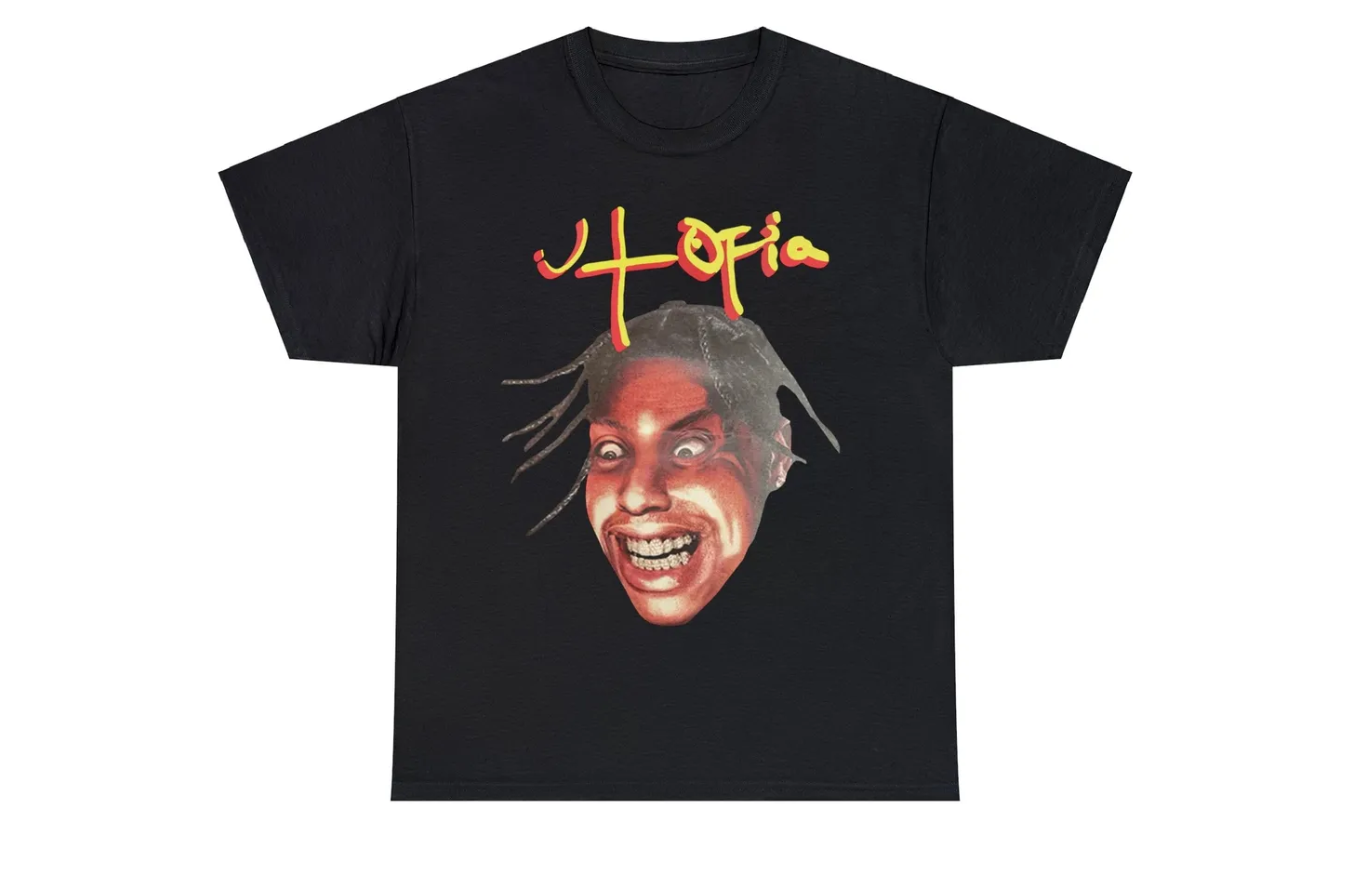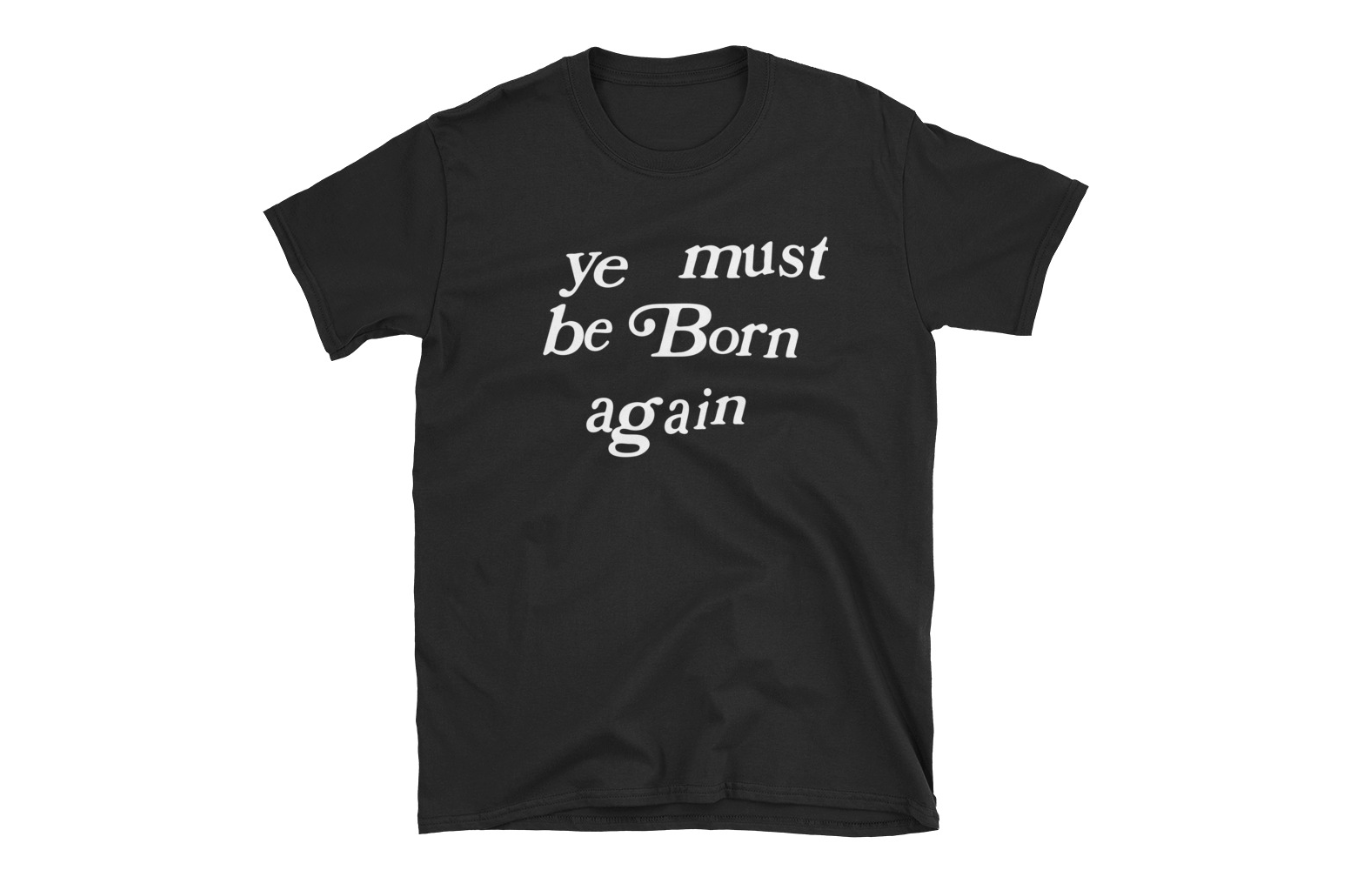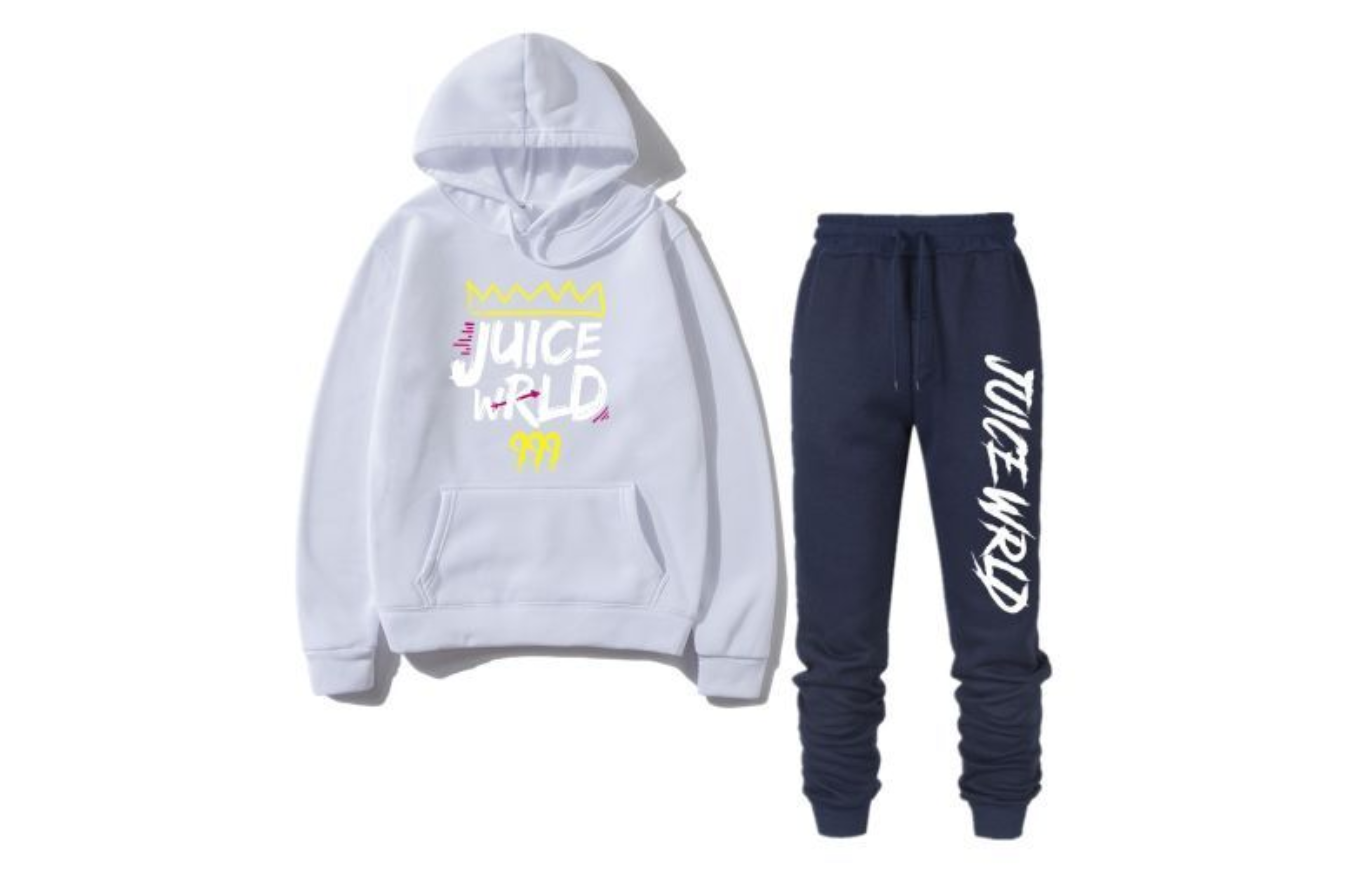In the ever-evolving landscape of popular culture, certain phrases transcend their original context to become cultural mantras. One such phrase is “I Feel Like Pablo,” a refrain that originated from Kanye West’s 2016 album “The Life of Pablo.” This simple yet powerful declaration has resonated with millions, encapsulating a sense of individuality, creativity, and the complexities of modern identity. In this exploration, we delve into the origins, meanings, and cultural impact of “I Feel Like Pablo,” examining how it has become a rallying cry for self-expression and a testament to Kanye West’s enduring influence.
The Genesis of “I Feel Like Pablo”:
I Feel Like Pablo” first appeared on the track “Ultralight Beam,” the opening song of “The Life of Pablo.” The album, released in an unconventional manner with updates and changes made after its initial release, was a reflection of Kanye West’s state of mind and his relationship with fame, faith, and family. The phrase itself is a nod to Pablo Picasso, the legendary artist known for his groundbreaking work and complex personal life, which West has often cited as an inspiration.
The Cultural Resonance:
The cultural resonance of “I Feel Like Pablo” lies in its universality. It speaks to the human experience of grappling with one’s identity, aspirations, and the pressures of society. For many, the phrase represents a desire to break free from expectations and to embrace one’s unique talents and vision, much like Picasso did in the art world.
Kanye West’s Influence:
Kanye West’s influence on popular culture is undeniable. His music, fashion, and outspoken nature have made him a figure of fascination and controversy. “I Feel Like Pablo” is emblematic of West’s ability to capture the zeitgeist, articulating feelings and ideas that resonate with a wide audience. His willingness to share his vulnerabilities and challenges has made him a relatable figure, despite his status as a global superstar.
The Meme Phenomenon:
“I Feel Like Pablo” quickly became a meme, with fans and celebrities alike adopting the phrase to express their own moments of self-realization or empowerment. This viral spread further cemented the phrase’s place in popular culture, showcasing the power of social media to amplify and disseminate cultural touchstones.
Fashion and Merchandise:
The phrase also made its way into the fashion world, with “I Feel Like Pablo” merchandise becoming a coveted item. West’s ability to blend music, fashion, and culture is evident in the success of these products, which have become collectors’ items and a symbol of the album’s impact.
The Life of Pablo: A Mirror to Society:
“The Life of Pablo” and its iconic phrase can be seen as a mirror to society, reflecting the complexities of modern life. The album’s themes of self-discovery, faith, and the pursuit of greatness resonate with listeners who are navigating their own paths. “I Feel Like Pablo” encapsulates the album’s message of embracing one’s identity and striving for greatness, regardless of the obstacles.
The Legacy of “I Feel Like Pablo”:
The legacy of “I Feel Like Pablo” is its ability to inspire introspection and self-expression. It has become a cultural touchstone, a phrase that encourages individuals to embrace their uniqueness and to pursue their passions with the same fervor as Kanye West and Pablo Picasso before them.
FAQs
What does “I Feel Like Pablo” mean?
The phrase “I Feel Like Pablo” is multifaceted, reflecting Kanye West’s admiration for Pablo Picasso, a revolutionary figure in art, and his own self-perception as a groundbreaking artist. It symbolizes creativity, individuality, and the courage to challenge norms.
Where did “I Feel Like Pablo” originate?
I Feel Like Pablo” originated from Kanye West’s 2016 album, “The Life of Pablo.” The phrase was not only the title of a song on the album but also became a central theme, encapsulating the album’s spirit of innovation and self-reference.
How did “I Feel Like Pablo” become popular?
The popularity of “I Feel Like Pablo” can be attributed to its catchy nature, Kanye West’s massive fan base, and the phrase’s appearance on merchandise, including shirts and hats, which fans wore to show their admiration for Kanye and their own sense of identity.
Can anyone say “I Feel Like Pablo”?
Yes, the beauty of “I Feel Like Pablo” lies in its universality. It’s a phrase that anyone can adopt to express their own moments of creativity, defiance, or self-realization, making it a powerful statement of individuality.
Is “I Feel Like Pablo” just about Pablo Picasso?
While Kanye West’s admiration for Pablo Picasso is a significant part of the phrase’s inspiration, “I Feel Like Pablo” has grown to represent much more. It’s about feeling like an innovator, a creator, or an iconoclast in one’s own right, not limited to the realm of art or music.
How has “I Feel Like Pablo” impacted culture?
“I Feel Like Pablo” has left a lasting impact on culture by encouraging self-expression and challenging conformity. It has become a symbol for those who see themselves as trailblazers or who simply embrace their uniqueness.
Is “I Feel Like Pablo” still relevant?
Yes, “I Feel Like Pablo” remains relevant as a timeless expression of individuality and creativity. Its message of self-empowerment continues to resonate with people across different generations and backgrounds.
How can I embrace the “I Feel Like Pablo” spirit?
To embrace the “I Feel Like Pablo” spirit, celebrate your individuality, pursue your creative passions fearlessly, and don’t be afraid to challenge the status quo. Whether through art, music, or any other form of expression, let your unique voice be heard.




Leave a Comment
Your email address will not be published. Required fields are marked *